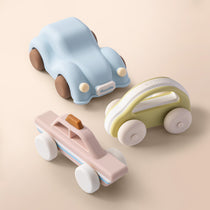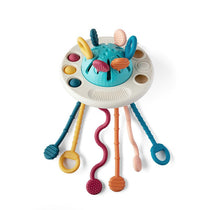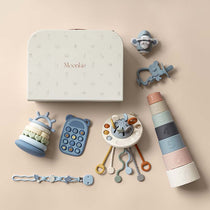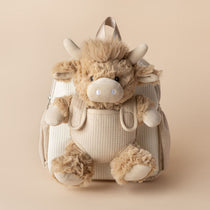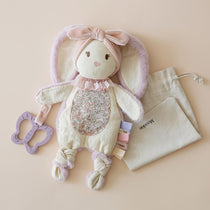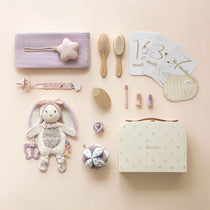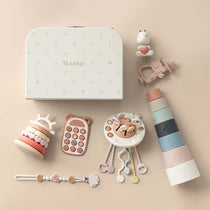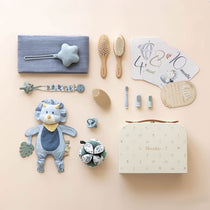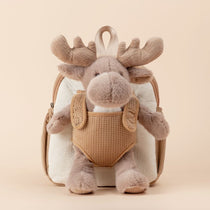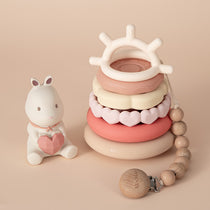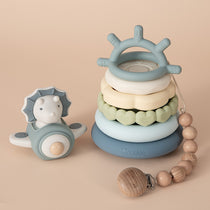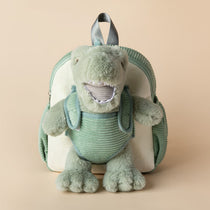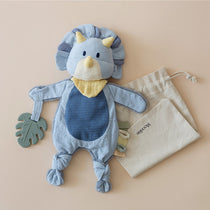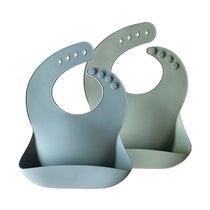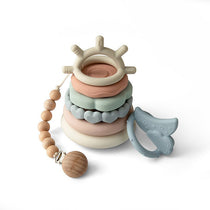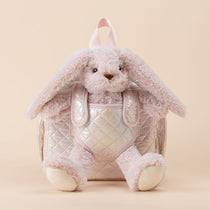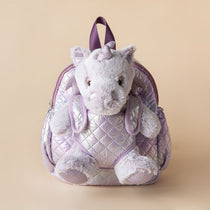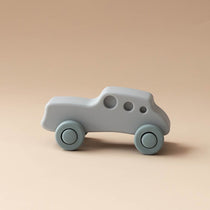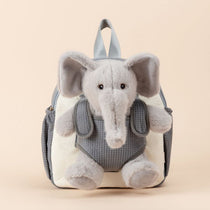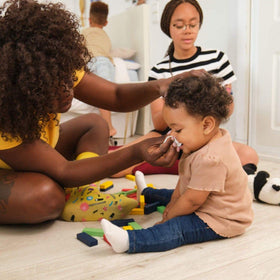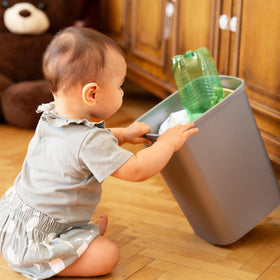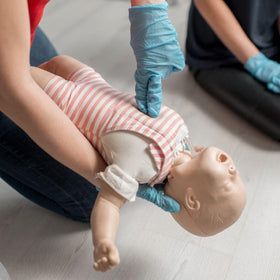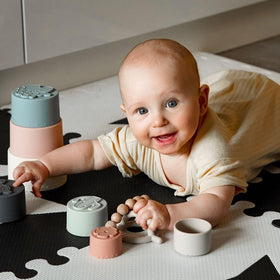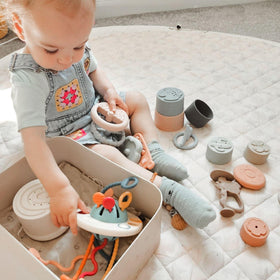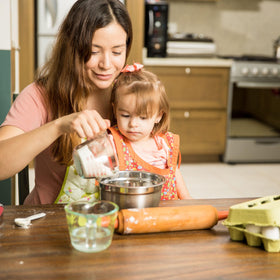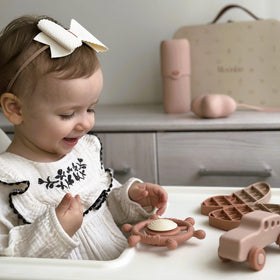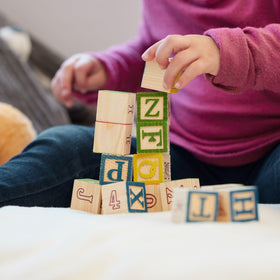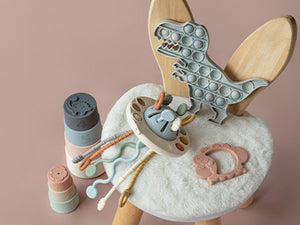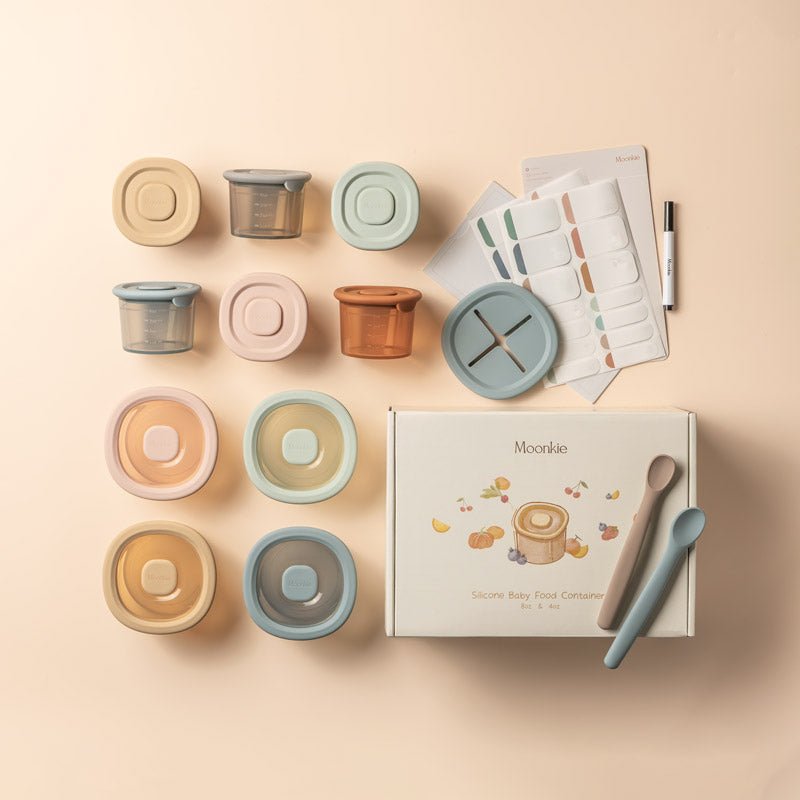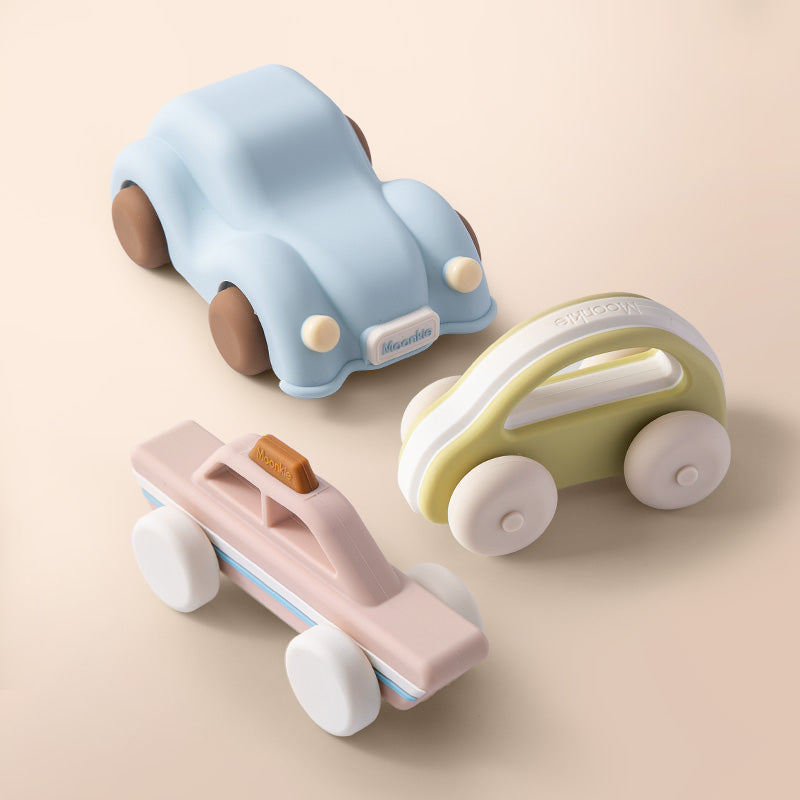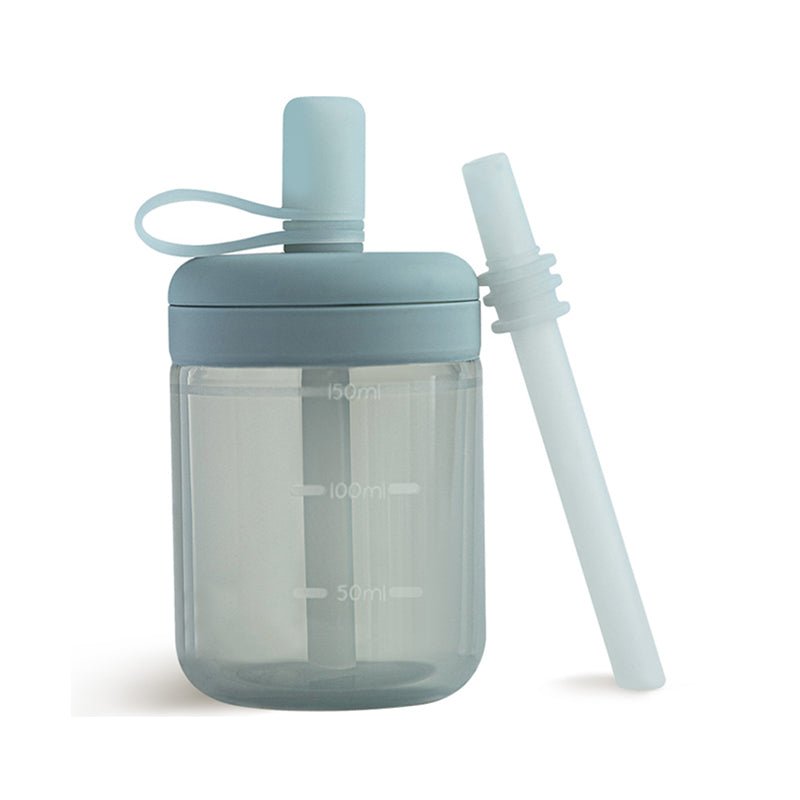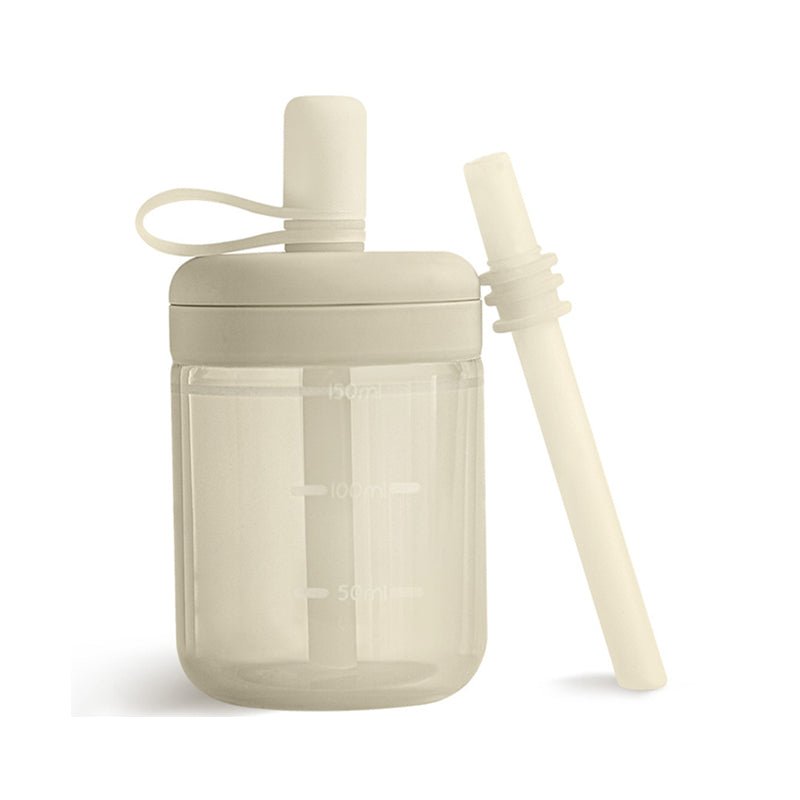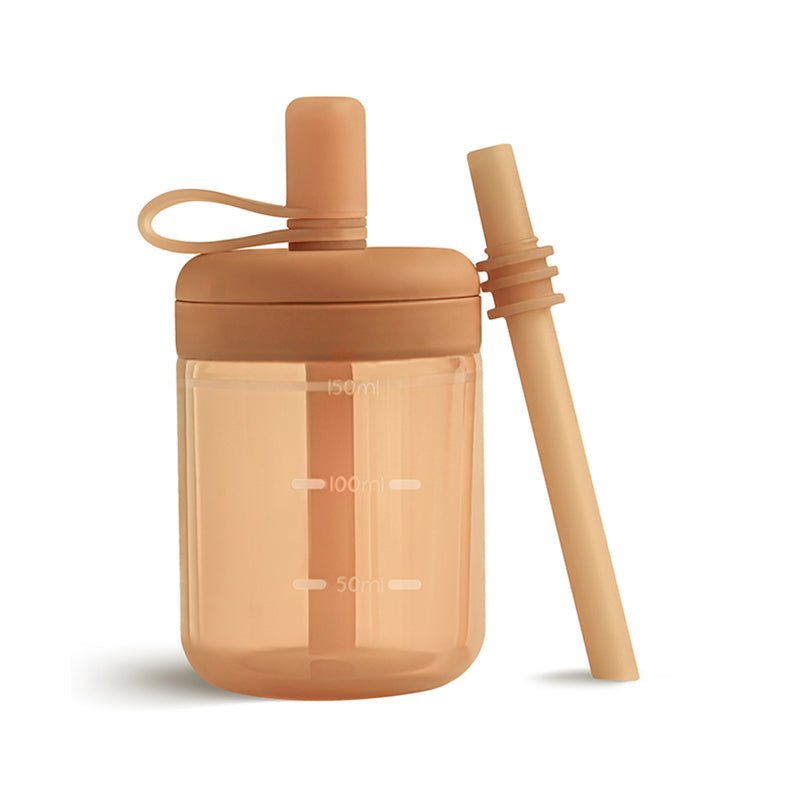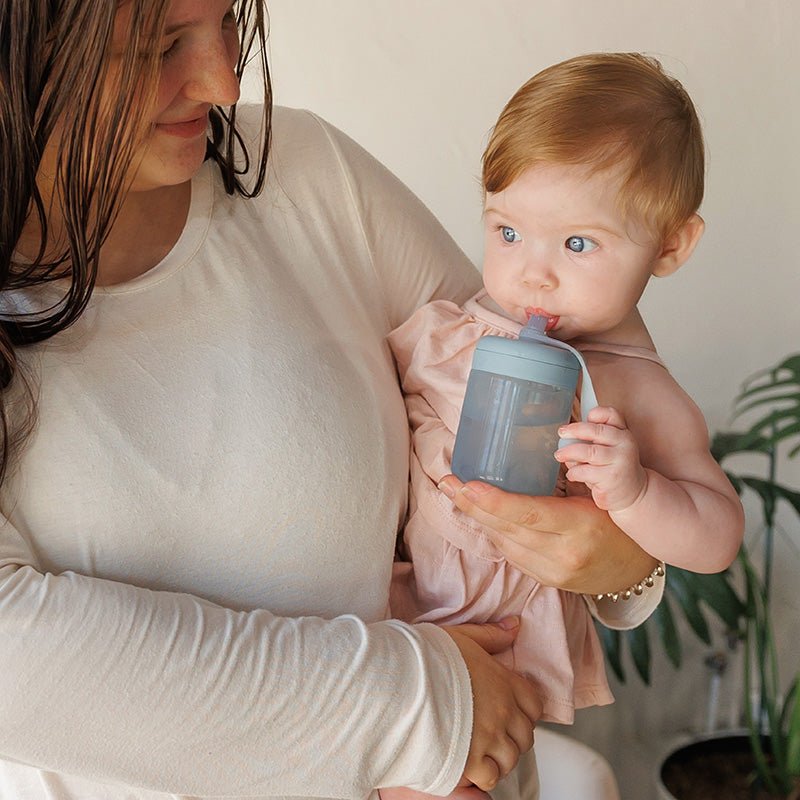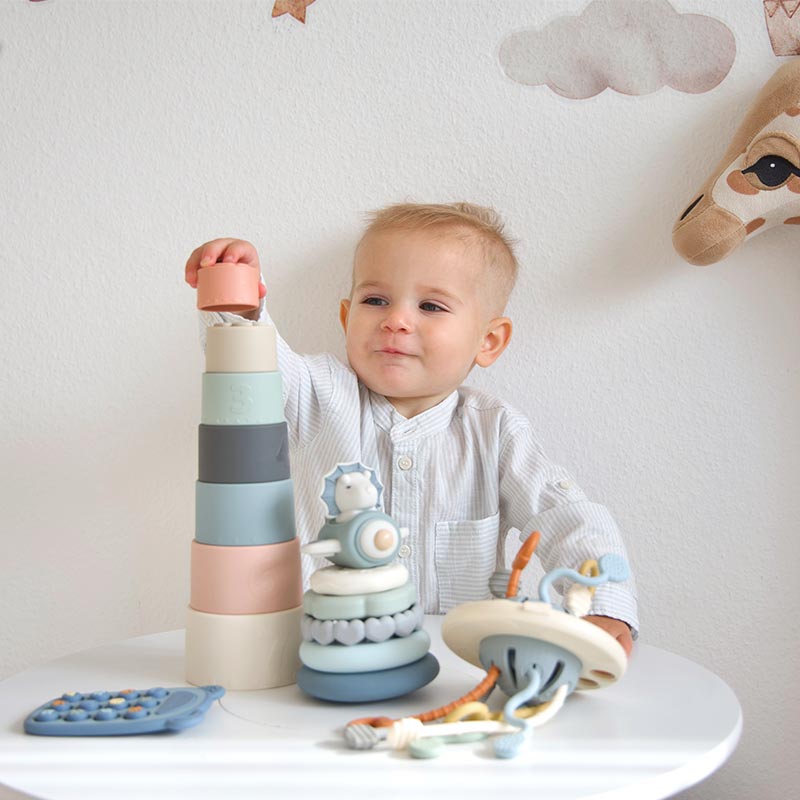
How do sweet babies suddenly become toddlers screaming "mine" and "no" seemingly overnight? Well, it turns out that there are reasons for this, and there are things you can do to help your little one learn to share.
Toddlers struggle with sharing because they are transitioning from self-oriented to others-oriented sharing, which relies on other skills. Parents can help their toddlers share more selflessly by modeling turn-taking, expressing thanks, and praising them for sharing.
This is a rough stage in toddlerhood that all families have to work through eventually. Believe it or not, not sharing is not always an intentionally selfish move on the toddler's part. Let's explore why toddlers struggle to share, developmental milestones to set expectations, and strategies for helping your little one share!
Why Do Toddlers Struggle to Share?
A toddler's struggle to share could be rooted in not understanding another's needs or desires, not caring, or feeling possessive about their toys due to other experiences. Discerning why your little one is throwing a fit about sharing will help you handle him better.
One of the main reasons one-year-olds struggle to share is language development; they just can't fully express what they want yet! So, a toddler may blow up suddenly if he verbally says "yes" to sharing but doesn't hand it over himself. Was he saying "yes" to mimic something you said or to please you?
Interestingly, one study of two- to five-year-olds found that a toddler's ability to share "fairly" seemed to depend on whether they could count objects well (source). When given an awesome set of stickers and shown a sad puppet who wanted stickers, the four and five-year-olds shared half of their new stickers.
However, the two- and three-year-olds would share equally if they could count well or "generously" or "selfishly" if they couldn't. This study is a small example of how other life skills contribute to a child's understanding of relating to those around them.
Sometimes, toddlers struggle to share because they don't understand the things they need to know to share fairly, like counting or minutes.
As can be expected, trust plays a role in sharing well. If your one-year-old has older siblings who snatch things out of the toddler's hands or keep and tease the things they take for a long time, your toddler will resist sharing and taking turns more stubbornly.
When Do Children Develop the Ability to Empathize?
Empathy is one's ability to understand and share the feelings of others. Crucial for connecting socially, empathy helps children build positive relationships with others. However, developing empathy is a gradual process from infancy through childhood and adolescence.
Though babies as young as six months old can display empathy toward others in expression, they are not truly able to understand the emotions of others outside of the basics. For example, six- to twelve-month-olds may cry or laugh when their mother, sibling, or father does.
Toddlers begin trying to understand and experience upset and distress in others between one and two years old. For example, toddlers may try to share, offer help, or provide comfort when they see their mother crying. Some toddlers may even try to empathize with complete strangers (source).
As children grow older, they become more adept at understanding, processing, and responding to the emotions of others, particularly if they see this behavior regularly from their parents.
By age three or four, most children recognize a wider range of emotions and understand that different situations can cause different emotions. Around this time, the child may begin comforting an upset friend or purposefully offering their own toys to make someone else happy.
It isn't until children reach adolescence that they can consider the thoughts and feelings of others before acting. This is also when it begins to sink in that different people have different perspectives on the same situation, which is incredibly important for resolving conflicts.
Should I Discipline My One-Year-Old for Not Sharing?
Now that you know what's going on in your little one and when she should be able to empathize, you can set realistic expectations for sharing and when to discipline your child for not sharing.

At one year old, your child is still learning the basics of social interaction and communication. She is still developing her sense of self and may be possessive of her belongings. Though you can encourage her to share, don't expect her to share all the time—that would lead to frustration and confusion.
Moreover, two-year-olds don't really understand sharing yet. They know whether it benefits them ("I get this better car if I give my car"), but they won't understand waiting for a toy or sharing with someone sad.
So, realistically, your little one will not understand taking turns and sharing until she is three years old, and even then, she will likely be impatient waiting for her turn (source).
Instead of disciplining your one-year-old for not sharing, teach her the value of sharing through positive reinforcement and modeling good behavior. Praise your little one when she shares, and use words like "thank you" and "good job" to reinforce the positive behavior.
You can also set up situations where sharing is encouraged. For example, you can invite other children over to play with your child's toys or encourage your child to share a snack with a friend.
If your one-year-old is incredibly possessive of a particular toy, it may be best to let them keep it for a bit longer. Before friends come over next time, ask your little one to put away any special toys they don't want others to play with. This preparation will help!
8 Tips for Teaching Your One-Year-Old to Share
Some one-year-olds are super sweet and love to share, but others (mine included) are determined to keep everything for themselves. Yet, sharing is one of the things a kid must learn to develop solid relationships.
Now that we've been over what's going on in your child's mind and set some realistic expectations for when your little one will develop empathy, let's take a look at some tips to help you survive teaching your toddler to share.
1. Be a Good Role Model
You can't get around this one: you've got to be a good role model of sharing so your little one can understand the point. Kids are sponges soaking up everything about the world, but they study their parents and the way they act to learn how to operate in the world.
Have you ever noticed that the young children of joyfully generous people are good at sharing, too? It's the monkey-see-monkey-do principle at work!
Share your toys (or what toddlers perceive to be your toys) and food with your toddler and others. Name what you are doing and express thankfulness when someone shares with you. Doing so often and regularly will teach your child that sharing is a valuable and positive behavior worth doing!
2. Use Positive Reinforcement
Positive reinforcement for sharing is better than discipline for not sharing at this age because one-year-olds may not understand being punished for not sharing, but they will understand thanks and praise for sharing.
State specifically what your child did right and praise them for it, even if it is a small act of sharing. Hopefully, sharing will continue!
3. Keep It Simple
Have you ever heard of K.I.S.S.? Some people say it means, "Keep It Simple, Stupid" while others say, "Keep It Stupid Simple." Your one-year-old is still learning how to communicate and understand the world around him. Keep your instructions simple and clear.
So many parents start off expecting way too much understanding from their one-year-old. Maybe they try to broker a trade deal between toddlers or promise something that's not in the room if their toddler would simply share their toy. Some parents even try setting timers for sharing.
The problem with these options is that one-year-olds are not fully capable of understanding what these mean. Sure, they can parrot the trade, plan, or time back to you, but they cannot grasp what it means.
So, use short sentences to make sharing simple and tangible. For example, "Let's share this toy with our friend" or "Can you give your friend a turn with the ball?"
4. Be Patient
Learning to share takes lots of time and practice for you and your toddler. Your child may not understand the concept of sharing right away, and that's okay. Your patience, asking, and consistently rewarding will ultimately encourage your little one to share more often.
It may take months or even years for your child to fully grasp the concept of sharing, so be patient. If you struggle with patience as a parent (we all do), read 9 Sustainable Parenting Hacks for Busy Moms and Dads for some tips on surviving and thriving as a parent.
5. Use Daniel Tiger
Hearing the same message about sharing reinforced by other adults, family members, and TV is helpful for your little one to understand a concept. Using visual aids to explain sharing in books, videos, and pictures helps, too!
Daniel Tiger is a cute little TV show that shows sharing well. One episode is about sharing, and there is a song from a different episode about taking turns. My own kids sang this tune when taking turns: "You can take a turn, and then I'll get it back."
Though babies and toddlers under eighteen months should not have any screen time at all, older toddlers can watch TV for up to thirty minutes with a parent (source). By talking about what your toddler sees with you, concepts like sharing may become more understandable.
6. Make Sharing Fun
Sharing doesn't have to be a chore. You can make it fun for your little one by playing sharing games, like rolling a big ball back and forth or taking turns with a toy that is fun to watch others play with.

All you are trying to do with these games is associating positive feelings and experiences with sharing. Learning to share and enjoy watching others play takes time!
7. Set Boundaries
Your little one needs to know that some items and times do not need to be shared, like toothbrushes and underwear. Sharing is essential to friendships, but there are limits.
Setting healthy boundaries for sharing bathroom space for hygiene, changing, and using the restroom will become more crucial as your child grows older. Still, you can start laying the foundation of respecting others' privacy now.
Another boundary to consider now is taking care of what is shared. When a toy is shared, your little one must understand that gently playing with it is respectful. Moreover, returning the coveted item within a reasonable time will likely build trust.
Finally, respecting the times when a child appropriately sets aside toys they don't want to share is key to making your toddler feel heard. Putting away special toys before friends come over will not sink in until your child is three or four years old, but respecting those "special toy" boundaries will help your child feel valued.
8. Be Consistent
You'll hear this a thousand times for raising your kid: consistency is key. Consistency in teaching and disciplining your child in anything determines success, especially in challenging things like sharing.
Being consistent in asking your child to share, praising him for sharing, and sharing things yourself will inevitably result in making your child feel like sharing is a family value: a "we do this because that's just what we do" thing.
Because children are brutal, your child will soon learn that not everyone shares, and not every parent expects their child to share. That is a much tougher lesson to teach appropriate behavior for.
But, by handling such situations with patience and grace on your end, your child will eventually see that people are more important than things and follow your example.
Someone once told me that the first year is about keeping your baby alive and well-fed. It isn't until the second year that you begin "parenting." If you have other questions about raising a one-year-old, check out 25 Questions First-time Parents Ask About Their One-Year-Old.
In a Nutshell
Sharing is one of the most difficult life skills to teach because other kids will quickly undo anything you've taught your little one about the joys of sharing. If your one-year-old is really struggling to get it, that's okay.
Your little one needs to develop lots of other skills and observe you sharing more before she begins to do it spontaneously. Ensure you set your expectations appropriately for your little one's age and ability.





